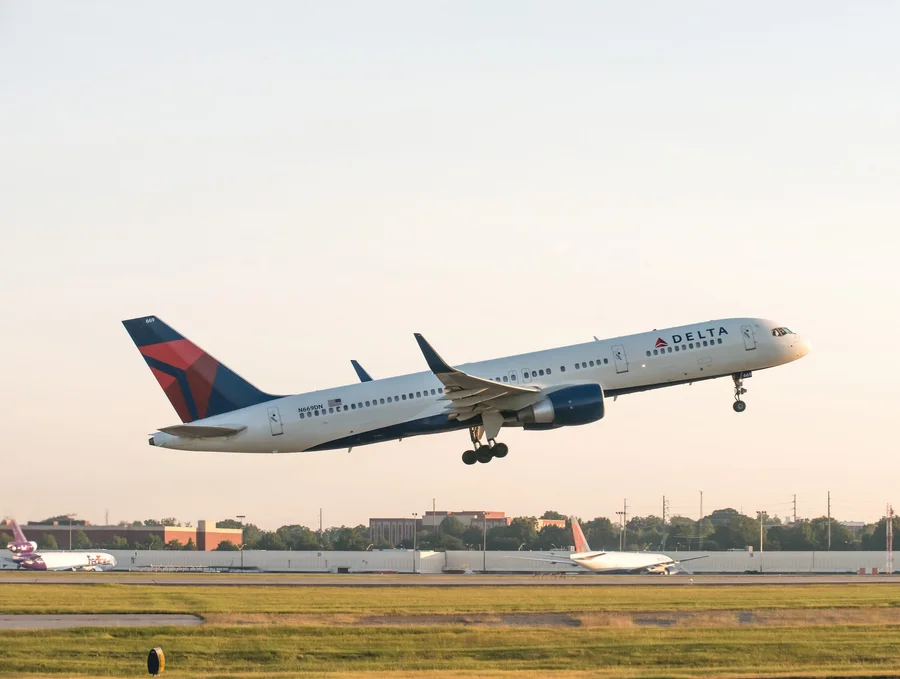Delta Air Lines is implementing changes to its fleet with the support of Boeing & scaling SAF to meet its 2050 net zero goal for more sustainable aviation.
Delta Air Lines operates more than 5,000 flights each day, serving 52 countries on six continents.
The company has committed to reaching net zero carbon emissions by 2050, but the aviation industry as a whole has a long way to go.
Delta has implemented industry-leading sustainability measures in support of this goal, including changing its flight landing procedures and adding enhanced winglets to planes.
Amelia DeLuca, Chief Sustainability Officer at Delta Air Lines, says: “At Delta, we often talk about the Delta Difference, and that is very relevant on our sustainability and decarbonisation journey.
“We have many initiatives across the organisation that are helping Delta reach its goals – work we could not accomplish without our people.
“It will take all of us working together – at Delta Air Lines and across the industry – to achieve our goals.”
Why Delta is focussed on sustainability
Delta cites a number of reasons for its sustainability push.
According to the Air Transportation Action Group, 2-3% of global emissions in 2020 were from aviation.
More than 2,000 companies have agreed to net zero targets including 80% of the top 25 airlines.
Three quarters of consumers say brands must act now on sustainability according to the 2021 Havas Meaningful Brands Report.
Sustainability efforts also attract people.
Nearly 90% of investors believe that companies with a net zero plan deserve a premium and 65% of Gen Z job seekers are more likely to apply to a company committed to sustainability.
Saving fuel to lower Delta’s emissions
Delta’s Carbon Council is made up of leaders from across the company and aims to drive fuel savings that align with its net zero goal.
In 2023, the Carbon Council saved more than 21 million gallons of fuel and is on track to save a cumulative 40 million gallons in 2024.
This has been achieved through reducing weight, enhancing landing procedures and making optimisations to flight routing and speed.
Delta and Boeing have certified a low flaps landing procedure on the 717 fleet that the companies expect to save up to one million gallons of fuel per year.
Delta has also started adding enhanced winglets and lightweight landing gear to its fleet, making aeroplanes as efficient as possible.
Throughout 2025 it will finalise its modifications of a winglet upgrade on its 727-800 fleet, saving more than three million gallons of fuel per year.
How Delta is scaling sustainable aviation fuel
Delta says around 90% of its carbon emissions come from jet fuel, so sustainable aviation fuel (SAF) is currently its most promising decarbonisation option.
The company is working with the Minnesota SAF Hub which completed the first delivery of SAF in Minnesota, USA in September 2024.
This hub was established by the GREATER MSP Partnership, including Bank of America, Ecolab, Xcel Energy and Delta.
“The Minnesota SAF Hub is the game changer aviation needs to start producing SAF at the volumes required to meet our aggressive goals,” says Ed Bastian, CEO at Delta.
“This coalition of heavy hitters from across the SAF ecosystem are collaborating to rapidly scale production, demonstrating the power of partnerships to meet our shared goal faster than any of us could do on our own.”



